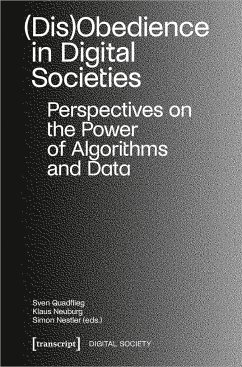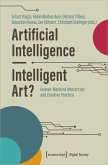Algorithms are not to be regarded as a technical structure but as a social phenomenon - they embed themselves, currently still very subtle, into our political and social system. Algorithms shape human behavior on various levels: they influence not only the aesthetic reception of the world but also the well-being and social interaction of their users. They act and intervene in a political and social context. As algorithms influence individual behavior in these social and political situations, their power should be the subject of critical discourse - or even lead to active disobedience and to the need for appropriate tools and methods which can be used to break the algorithmic power.
»Insgesamt stellt sich der Band als eine reichhaltige Sammlung empirischer, konzeptioneller, theoretischer, judikativer und mithin künstlerischer sowie - qua Zielstellung - auch normativ-ethischer - Überlegungen dar, der nicht zuletzt auch die Debatte zu 'De-Mediatisierung' erweitert.«
Stefan Laube/ Tilo Grenz Soziologische Revue, 47/3 (2024) 20241111
Stefan Laube/ Tilo Grenz Soziologische Revue, 47/3 (2024) 20241111








